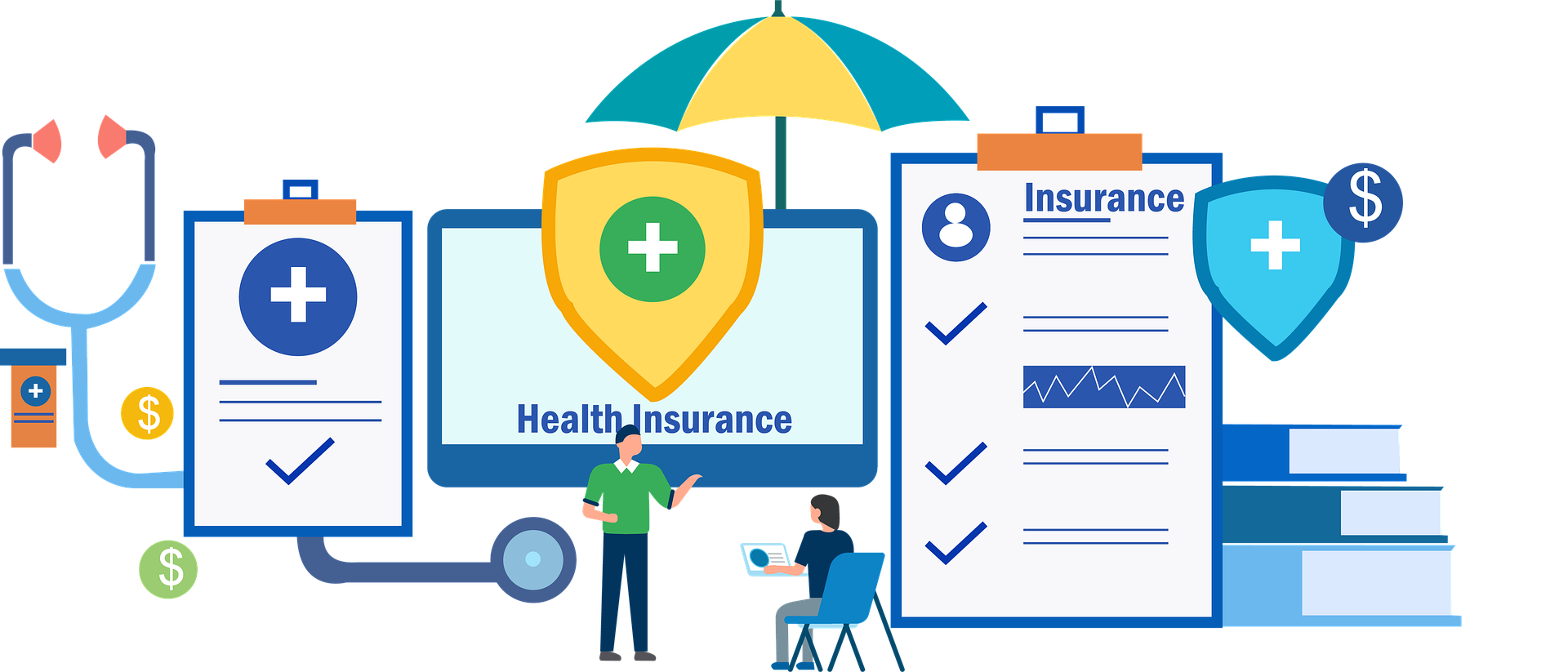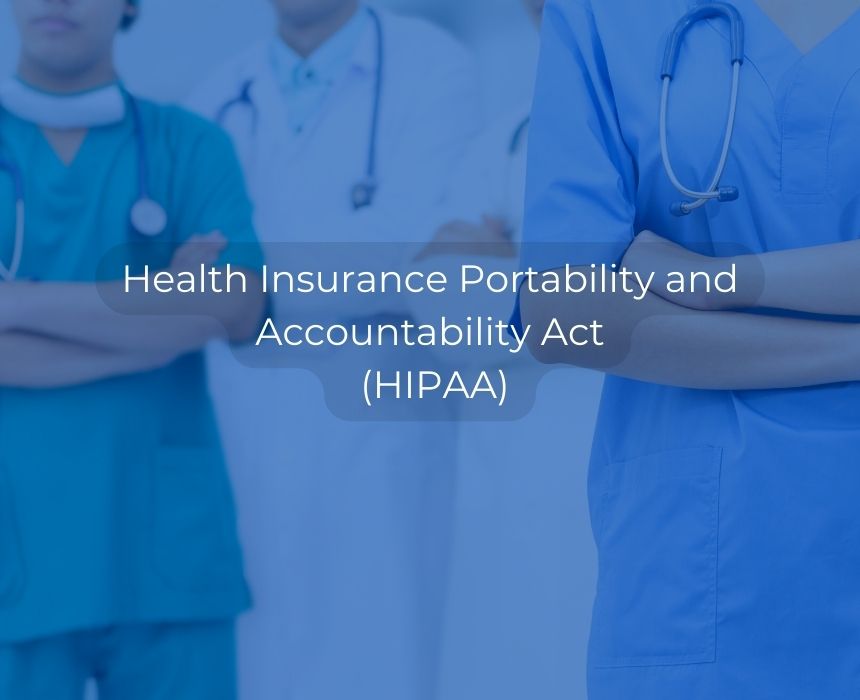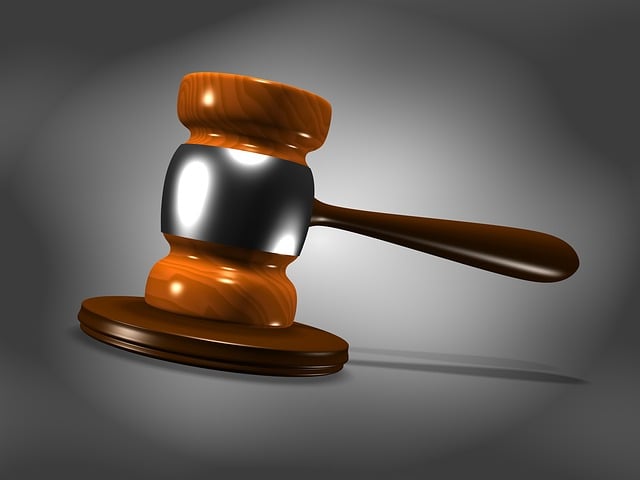The Health Insurance Portability and Accountability Act (HIPAA) was passed in 1996 to provide a national standard for protecting the privacy and security of individuals' personal health information. The Act applies to all healthcare providers, including doctors, hospitals, pharmacies, insurance companies, and their business associates. Violating HIPAA regulations can result in severe consequences for the healthcare provider, including fines and even criminal charges. In this blog post, we will discuss HIPAA violations, their types, and the consequences of violating HIPAA regulations.In today's digital age, personal information has become more vulnerable than ever before. As a result, protecting an individual's personal health information has become a crucial issue in the healthcare industry. The Health Insurance Portability and Accountability Act (HIPAA) was enacted to address this very issue. HIPAA is a federal law that establishes a national standard for protecting the privacy and security of an individual's personal health information. It not only applies to healthcare providers but also to anyone who handles personal health information, including insurance companies and their business associates. HIPAA violations can result in severe consequences, including fines and even criminal charges. In this day and age, HIPAA has become an essential aspect of the healthcare industry, clearly demonstrating the importance of HIPAA in healthcare by ensuring that an individual's personal health information is protected and secure.
The primary goal of HIPAA was to improve the efficiency and effectiveness of the healthcare system while also protecting the privacy and security of individuals' personal health information.Before the enactment of HIPAA, the healthcare industry faced several challenges, including inconsistent standards for electronic transactions, inconsistent privacy regulations, and inadequate security measures for electronic health information. HIPAA addressed these challenges by establishing a national standard for protecting the privacy and security of an individual's personal health information and ensuring the confidentiality, integrity, and availability of electronic personal health information.
Tables of Content
1. Some Facts about HIPAA
-
HIPAA was enacted by Congress and signed into law by President Bill Clinton.
-
HIPAA consists of two main components – the HIPAA Privacy Rule and the Security Rule.
-
The Privacy Rule sets standards for protecting the privacy of an individual's personal health information, including the right to access and control their own health information.
-
The HIPAA Security Rule sets standards for protecting electronic personal health information (ePHI) and requires healthcare providers to implement security measures to ensure the confidentiality, integrity, and availability of ePHI.
-
HIPAA also includes a Breach Notification Rule that requires healthcare providers to notify affected individuals and the Department of Health and Human Services (HHS) if there is a breach of their personal health information.
-
Violating HIPAA regulations can result in severe consequences, including fines and criminal charges.
-
HIPAA applies to all healthcare providers, including doctors, hospitals, pharmacies, insurance companies, and their business associates.
-
HIPAA has been amended several times since its enactment, including the HITECH Act in 2009, which introduced additional provisions for protecting ePHI and increased the penalties for HIPAA violations.
-
HIPAA also includes provisions for protecting the privacy and security of an individual's mental health information.
-
In 2020, the HHS announced proposed changes to HIPAA regulations, including modifications to the Privacy Rule to improve patient access to health information and facilitate care coordination.
2. Types of HIPAA Violations
-
HIPAA violations occur when an individual or organization fails to comply with HIPAA regulations. There are several types of HIPAA violations, including
-
Improper use or disclosure of personal health information (PHI): This occurs when PHI is accessed, used, or disclosed without authorization or permission from the patient. This could include sharing PHI with unauthorized individuals, discussing PHI in public areas, or accessing PHI for non-work-related reasons.
-
Insufficient safeguards for electronic personal health information (ePHI): This occurs when healthcare providers fail to take adequate measures to safeguard electronic PHI, such as failing to implement password protections, encryption, or firewalls.
-
Failure to obtain proper patient authorization: HIPAA requires healthcare providers to obtain written authorization from patients before disclosing their PHI to third parties. Failure to obtain proper authorization could lead to HIPAA violations.
-
Lack of training for employees: Healthcare providers are responsible for ensuring that their employees receive adequate training on HIPAA regulations. Failure to provide adequate training could result in employees violating HIPAA regulations unintentionally.
-
Failure to provide patients with access to their PHI: HIPAA regulations require healthcare providers to provide patients with access to their PHI upon request. Failure to do so could result in HIPAA violations.

-
Failure to notify patients of a breach of their PHI: If a breach of PHI occurs, HIPAA regulations require healthcare providers to notify affected patients. Failure to do so could result in HIPAA violations.
-
The consequences of HIPAA violations can be severe, including hefty fines, loss of reputation, and even criminal charges. Therefore, healthcare providers must take proactive steps to ensure that they are in compliance with HIPAA regulations and prevent violations from occurring. This includes implementing training programs for employees, establishing security measures for electronic PHI, and ensuring that proper patient authorization is obtained before disclosing PHI to third parties.
-
Impermissible uses and disclosures of protected health information (PHI) - PHI includes any information that can identify an individual's health status, treatment, or payment for healthcare services. Impermissible uses and disclosures of PHI occur when an individual or organization shares PHI without authorization or uses PHI for non-treatment purposes.
-
Lack of safeguards for PHI - HIPAA regulations require healthcare providers to have physical, administrative, and technical safeguards to protect PHI from unauthorized access or disclosure. Failure to implement these safeguards can result in HIPAA violations.
-
Failure to provide access to PHI - HIPAA regulations give individuals the right to access their PHI. Failure to provide access to PHI upon request can result in a HIPAA violation.
-
Failure to provide breach notification - HIPAA regulations require healthcare providers to notify individuals if there is a breach of their PHI. Failure to provide breach notification can result in a HIPAA violation.
3. Consequences of HIPAA Violations
HIPAA violations can take many forms, and healthcare providers must take steps to prevent them from occurring. Here are some of the most common types of HIPAA violations:
Improper use or disclosure of personal health information (PHI): This occurs when PHI is accessed, used, or disclosed without authorization or permission from the patient. This could include sharing PHI with unauthorized individuals, discussing PHI in public areas, or accessing PHI for non-work-related reasons.
Insufficient safeguards for electronic personal health information (ePHI): This occurs when healthcare providers fail to take adequate measures to safeguard electronic PHI, such as failing to implement password protections, encryption, or firewalls.
Failure to obtain proper patient authorization: HIPAA requires healthcare providers to obtain written authorization from patients before disclosing their PHI to third parties. Failure to obtain proper authorization could lead to HIPAA violations.
Lack of training for employees: Healthcare providers are responsible for ensuring that their employees receive adequate training on HIPAA regulations. Failure to provide adequate training could result in employees violating HIPAA regulations unintentionally.
Failure to provide patients with access to their PHI: HIPAA regulations require healthcare providers to provide patients with access to their PHI upon request. Failure to do so could result in HIPAA violations.
Failure to notify patients of a breach of their PHI: If a breach of PHI occurs, HIPAA regulations require healthcare providers to notify affected patients. Failure to do so could result in HIPAA violations.
4. Penalties of HIPAA VIOLATION
-
HIPAA violations can result in significant HIPAA penalties and consequences for healthcare providers:
-
Civil monetary penalties: HIPAA violations can result in fines ranging from $100 to $50,000 per violation, depending on the severity of the violation. The maximum annual penalty for all HIPAA violations of the same type is $1.5 million.
-
Criminal penalties: In some cases, HIPAA violations can result in criminal charges and penalties, including imprisonment and fines of up to $250,000.
-
Loss of reputation: HIPAA violations can damage a healthcare provider's reputation, leading to loss of patient trust, negative publicity, and reduced revenue.
-
Loss of business: Healthcare providers that violate HIPAA regulations may lose business as patients seek care from providers who prioritize privacy and security.
-
Increased scrutiny: Healthcare providers that violate HIPAA regulations may be subject to increased scrutiny from regulatory agencies and the public, leading to increased oversight and potentially increased fines and penalties.
-
Legal action: Patients whose PHI has been compromised may pursue legal action against healthcare providers, resulting in additional costs and potential damage to the provider's reputation.
-
It is important for healthcare providers to take HIPAA regulations seriously and take proactive steps to ensure that they are in compliance with HIPAA regulations to avoid these penalties and consequences. This includes implementing training programs for employees, establishing security measures for electronic PHI, and ensuring that proper patient authorization is obtained before disclosing PHI to third parties.
5. Why HIPAA is Important?
HIPAA is essential for protecting the privacy and security of an individual's personal health information (PHI). Personal health information includes sensitive information such as medical history, treatment plans, test results, and insurance information. This information is incredibly private and sensitive, and individuals expect that their healthcare providers will keep it confidential and secure.
HIPAA regulations provide a national standard for protecting the privacy and security of PHI, ensuring that individuals can trust that their health information will be kept confidential and secure. This is especially important in today's world, where electronic health records and online healthcare portals have made it easier for PHI to be accessed and shared. HIPAA regulations ensure that healthcare providers take the necessary steps to safeguard PHI and establish strict guidelines for how PHI should be accessed, used, and disclosed.
In addition to protecting the privacy and security of PHI, HIPAA regulations also facilitate the exchange of electronic health information, making it easier for healthcare providers to share information with each other to provide more coordinated care. This is essential for improving the quality and efficiency of the healthcare system.
Overall, HIPAA is critical for protecting the privacy and security of PHI and establishing guidelines for how healthcare providers should access, use, and disclose PHI. It promotes trust between patients and healthcare providers, improves the quality and efficiency of healthcare, and ensures that individuals have control over their own health information.
6. What if there is NO HIPAA?
When there is no HIPAA, there are no national standards or guidelines for protecting the privacy and security of personal health information (PHI). This could lead to several negative consequences, including:
-
Unauthorized access to PHI: Without HIPAA regulations, there would be no clear guidelines for how healthcare providers should access and use PHI. This could lead to unauthorized individuals accessing sensitive information, potentially leading to identity theft, discrimination, or other forms of harm.
-
Lack of patient trust: Patients trust that their healthcare providers will keep their health information confidential and secure. Without HIPAA regulations, patients may be hesitant to share sensitive information with their healthcare providers, leading to a breakdown in communication and a decline in the quality of care.
-
Inefficient healthcare system: Without standardized guidelines for accessing and sharing PHI, the healthcare system would likely be less efficient and more fragmented. This could lead to delays in treatment, duplication of services, and increased healthcare costs.
-
Legal ambiguity: Without HIPAA regulations, there would be no clear legal guidelines for how healthcare providers should protect PHI. This could lead to legal ambiguity and uncertainty, potentially resulting in litigation and other legal challenges.
HIPAA violations can have severe consequences for healthcare providers, including fines, criminal charges, loss of reputation, and legal action. It is essential for healthcare providers to comply with HIPAA regulations to protect the privacy and security of individuals' personal health information. Understanding the types of HIPAA violations and their consequences is crucial for healthcare providers to avoid violations and protect themselves from the severe consequences of violating HIPAA regulations.In summary, the absence of HIPAA regulations would likely result in a less efficient and less effective healthcare system, a lack of patient trust, and increased risks to the privacy and security of personal health information.It is important for healthcare providers to take HIPAA regulations seriously and take proactive steps to ensure that they are in compliance with HIPAA regulations to avoid these penalties and consequences. This includes implementing training programs for employees, establishing security measures for electronic PHI, and ensuring that proper patient authorization is obtained before disclosing PHI to third parties.The COVID-19 pandemic has had a significant impact on healthcare systems worldwide, including on how personal health information (PHI) is accessed, used, and shared. In response to the pandemic, the Department of Health and Human Services (HHS) issued several guidance documents and waivers related to HIPAA regulations to help facilitate the delivery of care during the pandemic.
One significant change was the relaxation of certain HIPAA requirements related to telehealth services. The HHS issued a Notification of Enforcement Discretion, allowing healthcare providers to use non-public-facing communication technologies, such as Skype or FaceTime, to provide telehealth services without risk of penalty. This allowed healthcare providers to continue providing care remotely while reducing the risk of COVID-19 transmission.
Another significant change was the temporary suspension of certain HIPAA requirements related to the Privacy Rule. This included the ability for healthcare providers to share PHI without obtaining patient consent for public health activities related to COVID-19.
Despite these temporary changes, the importance of HIPAA regulations remains unchanged. As the COVID-19 pandemic continues to evolve, healthcare providers must remain vigilant in their efforts to protect PHI and ensure that they are in compliance with HIPAA regulations. This includes implementing training programs for employees on the proper use and disclosure of PHI, establishing secure electronic communication channels for telehealth services, and regularly reviewing and updating their privacy and security policies and procedures.
In conclusion, while there have been temporary changes to HIPAA regulations in response to the COVID-19 pandemic, the importance of protecting personal health information remains as crucial as ever. Healthcare providers must continue to prioritize patient privacy and security and remain compliant with HIPAA regulations to ensure that patients can trust that their health information is being protected.



